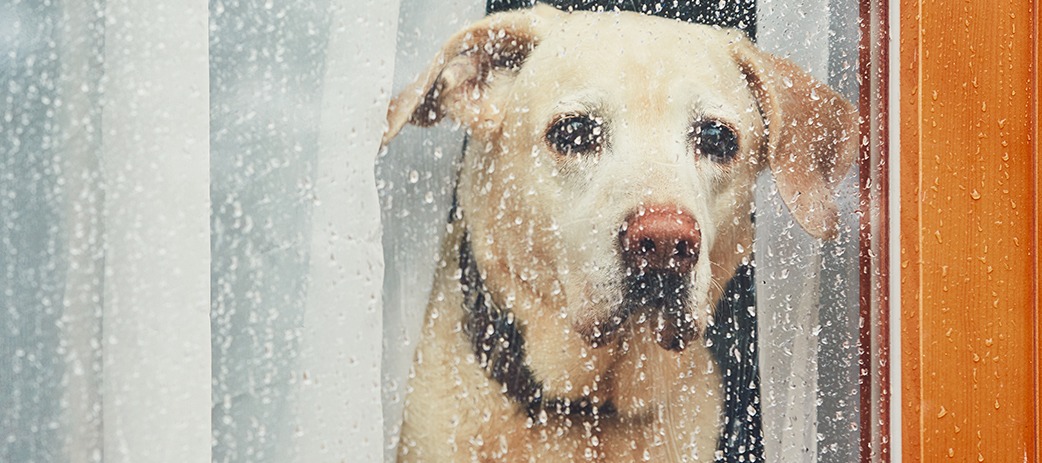No one can pretend that lockdown wasn’t economically, psychologically and socially draining – but as we emerge back into the world, many are taking stock of some of the unexpected benefits and even the things they’ll miss about lockdown.
For most of us, it was a once-in-a-lifetime opportunity to take a break from the rat race and indulge in spending more time with our families, hobbies, and pets. With the sudden return to the school run, sitting in traffic, and being back in the office, going back to ‘normal life’ can feel a little overwhelming, but not only for you – for your pets too.
The bond between people and their pets
Countless studies have been done on how pets enrich the lives of their owners – from alleviating anxiety and depression, to how pet-friendly workplaces improve office culture.
Dogs are obviously the most highly bonded to their owners, but cats, rabbits, rats, parrots, chickens, and pigs are also intelligent, social animals and have a strong desire for interaction and companionship.
Unlike our human family and friends, who understood what was happening when lockdown was announced, the animals in our lives simply knew that their owners were with them more often – which can make it difficult for them when you go back to ‘normal life’, especially if you didn’t slowly transition.
What is separation anxiety?
The RSPCA defines separation anxiety as “behaviour that only occurs when a pet is separated from their owner” and points out that 8 of 10 dogs will experience separation anxiety when left alone.
While dogs are the most likely pets to experience separation anxiety, it can happen to any pet that’s closely bonded with their human.
If this feels like déjà vu, it’s probably because you’ve been through this before: Most dogs experience some level of separation anxiety while they’re puppies, but they get used to their owners leaving and learn to feel secure that they’ll return shortly.
Unfortunately, lockdown might have undone some (or all) of this conditioning, and your pup may be displaying the same (or worse) behaviours than when they were a puppy.
Signs to look out for
- Uncharacteristic vocalisation (like barking or howling).
- Urinating or defecating.
- Chewing, digging, and destruction.
- Escaping, or frequent attempts to escape.
- Coprophagia (eating their excrement).
Almost all these behaviours will occur only when the owner isn’t present. If these behaviours persist even while you’re at home, it could be a sign of illness or neurosis and you should contact your vet as soon as possible.
What to do if your pup can’t let go
- Disrupt your pre-departure rituals. Your pets can pick up on when you’re about to leave – putting on your coat or picking up your keys, for example – and their anxiety will kick in. Reduce your dog’s anxiety around these cues by doing some of the rituals even if you aren’t leaving the house.
- Plan shorter outings. Instead of going right back to work from 9 – 5, start with short departures such as going to the bedroom and closing the door for increasingly longer periods. Slowly graduate to leaving the house, then gradually increase the time you’re gone.
- If possible, take your dog to work with you. There are loads of benefits to a pet-friendly workplace, for humans and pups alike.
- Arrange for someone else to look after them. Most dogs will experience reduced anxiety if someone is with them, even if that someone isn’t you.
- Control your hellos and goodbyes. Don’t coddle them when you’re about to leave or let them get overexcited when you return. Your interactions around coming and going should be calm and controlled because excitement can quickly turn into anxiety.
Whether your sweet pup is a ball of nerves or cool as a cucumber, we’re happy to cover them and give them the very best! Get a free online quote in under 3 minutes for pet insurance from less than R3 per day.



